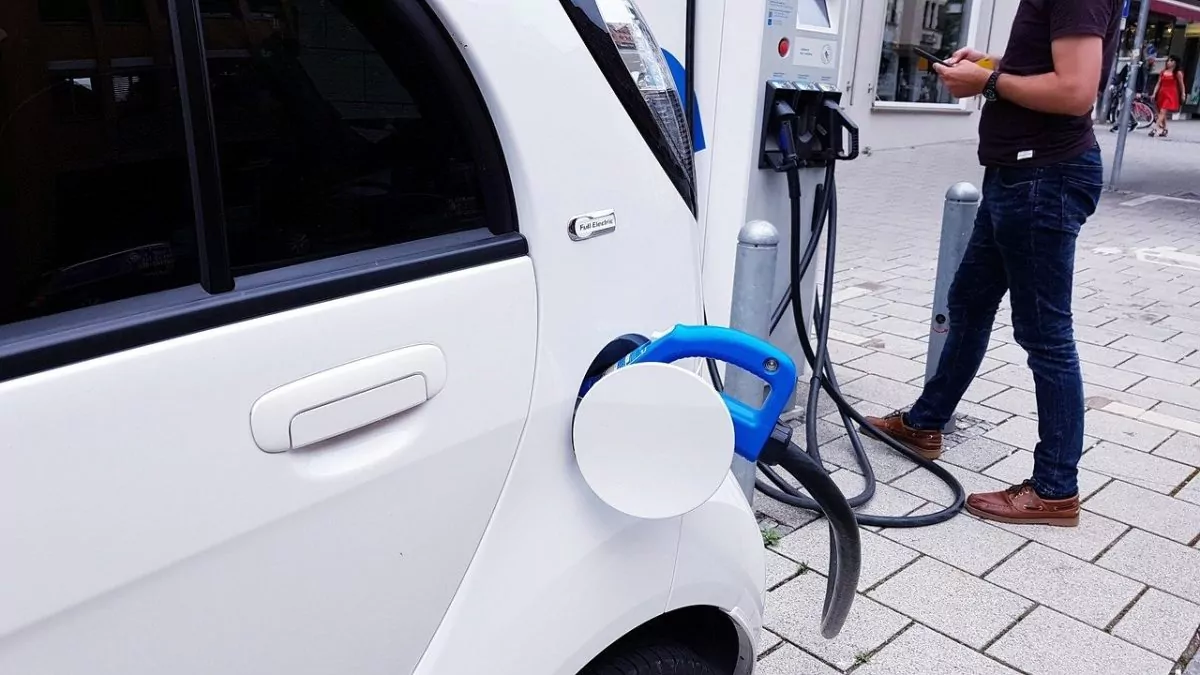A study by the International Council on Clean Transportation (ICCT) recommends a minimum charger density for electric cars of seven chargers per square kilometer evenly distributed throughout the area. For example, a city like Berlin would ideally require at least 1,220 car chargers to achieve sufficient coverage for its vehicles. There are around 500 electric car charging stations in Romania, including around 100 in Bucharest.
Urmărește mai jos producțiile video ale Economedia:
- articolul continuă mai jos -
Charging electric cars is more difficult in Romania because of the scarcity of charging stations and puts an extra burden on the shoulders of amateurs, beyond the price, where, however, there are state programs such as Rabla Plus, which provide among the highest levels of subsidy in Europe.
The ICCT also calculated the charging time for a typical electric car and found that 48 minutes of charging per day is needed in Europe and 1.2 hours or 1 hour and 12 minutes in the United States. This is also indicative of the impact of car sharing on the public charging system.
The organization also noted that electric car charging businesses still operate from tenders or public requests, unlike private initiatives, and receive public funding, while most others do not.
The ICCT looking in more depth at Copenhagen, Paris, Madrid, Milan and Ghent, and as an observation, car sharing in the French capital is 100% electric, while Copenhagen has seen the biggest reduction in greenhouse gas emissions (-9% to -43%) with the sharing of EV vehicles charged through a green-powered grid.
Another factor is the population density of a city to find out which car-sharing model might be the right one. Typically, however, automatic station sharing is recommended in cities with fewer than 100,000 people, says the ICCT. The study also suggests financial support and help from the state to install chargers in less populated cities and rural areas.
Edited for English by: Service for Life SRL

 Sursa foto: Pexels
Sursa foto: Pexels





























